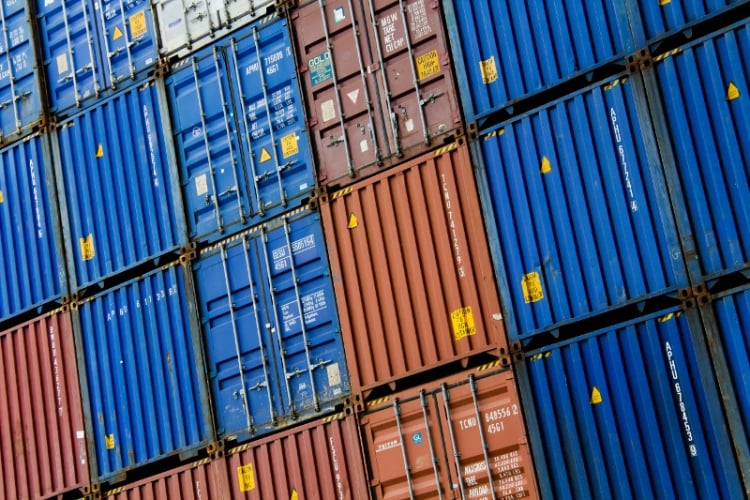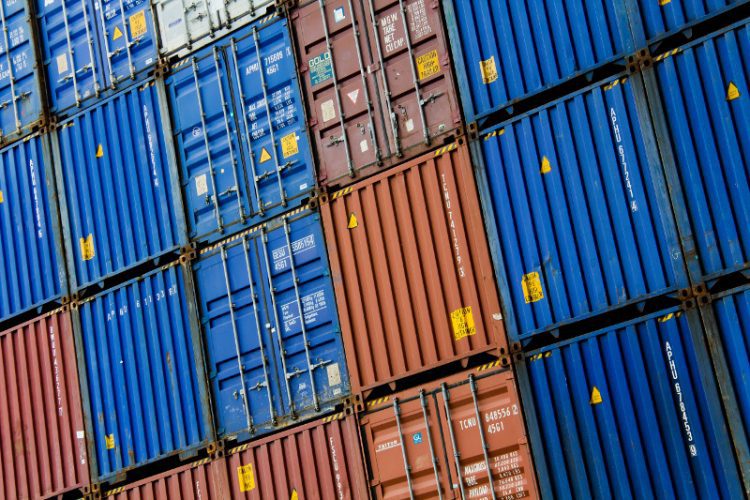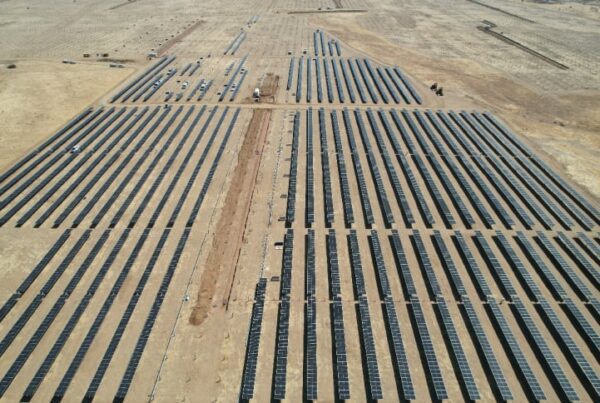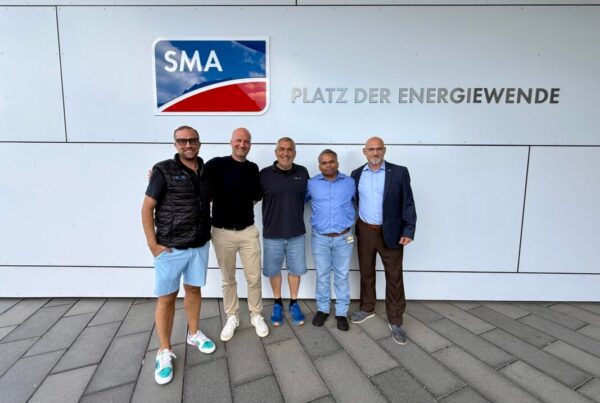
The US Department of Commerce has found that imports of some PV cells and modules produced in four Southeast Asian countries are circumventing antidumping duty and countervailing duty (AD/CVD) orders on solar cells and modules from China.
In its much-anticipated preliminary determination published today, Commerce found that solar companies are attempting to bypass US duties by doing minor processing in Cambodia, Thailand, Malaysia and Vietnam before shipping products to the US.
Commerce said the preliminary determination underscores its commitment to holding China accountable “for its trade-distorting actions”.
The US sources 80% of its imported solar modules from these four countries, according to trade body American Clean Power Association.
While more than 20 companies were found to be evading the tariffs, Commerce ruled that four have not circumvented them: New East Solar (Cambodia), Hanwha Qcells (Malaysia), JinkoSolar (Malaysia) and Boviet Solar Technology (Vietnam).
“The only good news here is that Commerce didn’t target all imports from the subject countries,” said Abigail Ross Hopper, CEO of trade body the Solar Energy Industries Association, in response to Commerce’s preliminary determination. “Nonetheless, this decision will strand billions of dollars’ worth of American clean energy investments.”
The probe stems from a petition made earlier this year from California-based module manufacturer Auxin Solar. Following Commerce’s move to proceed with the investigation, imports of solar cells and modules from the four Southeast Asian countries plummeted due to the threat of retroactive tariffs.
With US solar deployment forecasts being slashed as a result, President Joe Biden declared in June a two-year freeze on new tariffs on solar imports from Southeast Asia
Ross Hopper said: “While President Biden was wise to provide a two-year window before the tariff implementation, that window is quickly closing, and two years is simply not enough time to establish manufacturing supply chains that will meet US solar demand.”
Commerce’s final determination is scheduled for 1 May 2023. Independent of that decision, Biden’s proclamation means that duties will not be collected on any solar module and cell imports from the four Southeast Asian countries until June 2024.
More to follow…





